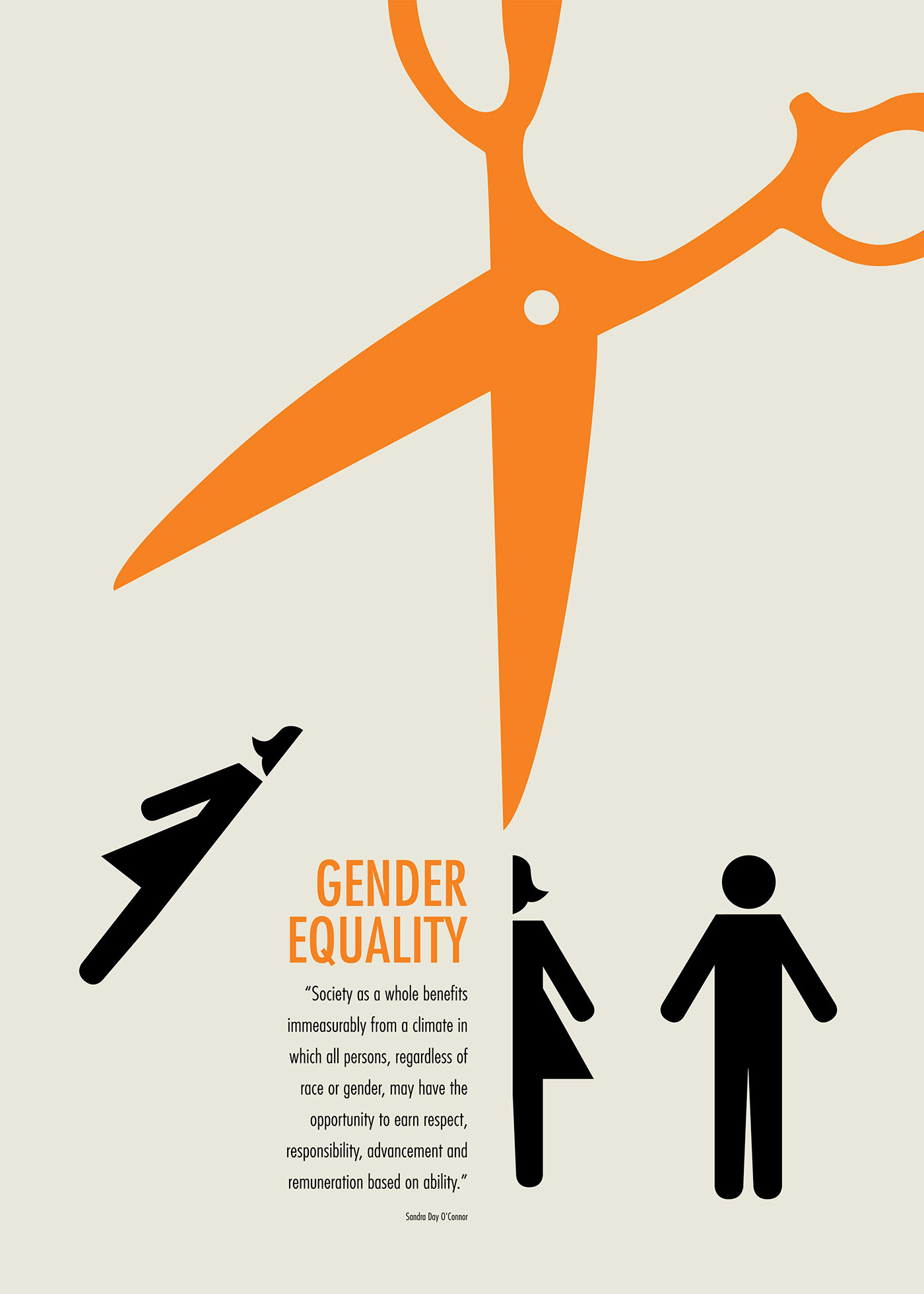Empowering Women: A Journey To Gender Equality, a concept that has been gaining increasing recognition in recent times, stands as a crucial step towards building a more just and equitable society. Recognizing the systemic inequalities that women face in various aspects of life,

Empowering Health Equality: Breaking Gender Barriers for Well-being - Source socialevent.mybnec.org
including social, economic, and political domains, deems it imperative to address the need for their empowerment.
Editor's Notes: Empowering Women: A Journey To Gender Equality guide published on June 28, 2023, aims to shed light on the significance of empowering women and explores the multifaceted pathways to achieving gender equality.
Through extensive analysis and research, our team has compiled this comprehensive guide to provide valuable insights into the multifaceted aspects of Empowering Women: A Journey To Gender Equality, highlighting its overarching importance and outlining the tangible benefits it brings to individuals, communities, and society as a whole.
FAQs by "Empowering Women: A Journey To Gender Equality"
Addressing common concerns and misconceptions, these FAQs provide insightful perspectives on the path to gender equality.
Empowering women in Iraq through Gender Equality Tool Seal | United - Source www.undp.org
Question 1: Why is women's empowerment necessary?
Women's empowerment is crucial because it tackles systemic gender inequalities that limit women's access to opportunities and resources. By empowering women, they gain agency and the ability to make their own choices, leading to a more just and equitable society.
Question 2: How does empowering women contribute to economic growth?
When women are empowered with education and skills, they participate more effectively in the workforce, contributing to increased productivity and economic growth. By removing barriers to women's economic participation, societies unlock greater potential for innovation and sustainable development.
Question 3: Is feminism anti-men?
Feminism is not about opposing men but rather advocating for gender equality and dismantling the structures that perpetuate discrimination against women. It promotes mutual respect and collaboration between genders, recognizing that gender equality benefits both men and women.
Question 4: How can I contribute to women's empowerment?
Supporting women's empowerment involves actively challenging gender stereotypes, promoting equality in education and employment, and supporting organizations that work towards women's rights. By using one's voice and actions to amplify the voices of women, individuals play a vital role in creating a more equitable society.
Question 5: How can we measure progress towards gender equality?
Measuring progress towards gender equality requires comprehensive data on indicators such as education attainment, labor force participation, and representation in leadership positions. By tracking these metrics and analyzing trends over time, policymakers and advocates can identify areas where further interventions are needed to achieve gender equality.
Question 6: What are the key challenges to achieving gender equality?
Achieving gender equality faces challenges such as discriminatory laws and policies, limited access to education and healthcare, and persistent gender stereotypes. Addressing these challenges requires transformative policy changes, cultural shifts, and the engagement of all members of society.
Empowering women is a complex but essential journey that requires ongoing dialogue, collaboration, and action. By understanding these key questions and addressing the challenges, we can accelerate progress towards a more just and equitable world where all individuals have the opportunity to reach their full potential.
Next Article: Explore the transformative power of women's leadership in the workplace and beyond.
Tips

Empowering voices for gender equality: Caitlyn Robinson's journey with - Source ucaqld.com.au
Empowering women is crucial for achieving gender equality, and these tips can help you contribute to a more just and equitable society.
Tip 1: Challenge Gender Stereotypes
Dispelling societal expectations that limit women's potential. Encourage women to pursue careers and interests traditionally associated with men, and challenge assumptions about women's roles in society.
Tip 2: Promote Education for Girls
Education is a fundamental tool for women's empowerment. Invest in girls' education to equip them with the knowledge, skills, and confidence they need to succeed in all aspects of life.
Tip 3: Support Women in Leadership Positions
Champion diversity in leadership roles by actively recruiting and promoting women. Create inclusive work environments that value women's contributions and perspectives.
Tip 4: Address Violence Against Women
Violence against women remains a pervasive issue. Support organizations that provide support and resources for victims of violence. Advocate for laws and policies that protect women and hold perpetrators accountable.
Tip 5: Promote Economic Empowerment
Financial independence empowers women to make choices about their lives. Encourage women's entrepreneurship, financial literacy, and access to equal employment opportunities.
Tip 6: Support Women's Health and Well-Being
Ensure women have access to comprehensive healthcare, including reproductive health services. Address gender-specific health challenges and promote awareness about women's health and well-being.
Tip 7: Engage Men and Boys as Allies
Involve men and boys in efforts to promote gender equality. Encourage them to challenge harmful stereotypes, support women's empowerment, and work towards creating a more equitable society.
Tip 8: Advocate for Legal and Policy Changes
Support laws and policies that promote gender equality and protect women's rights. Engage in advocacy efforts to address gender-based discrimination and promote systemic change.
Empowering Women: A Journey To Gender Equality is an ongoing process that requires collective effort. By implementing these tips, we can create a society where women are empowered to reach their full potential and contribute to a just and equitable world.
Empowering Women: A Journey To Gender Equality
Empowering women involves addressing various key aspects that contribute to gender equality, encompassing a wide range of factors. These aspects include increasing access to education, fostering economic opportunities, promoting health and well-being, encouraging political participation, challenging stereotypes, and supporting victims of violence.
- Education: Expanding educational opportunities for women
- Economic Empowerment: Creating equal employment and income-generating opportunities
- Health and Well-being: Addressing health disparities and promoting access to reproductive healthcare
- Political Participation: Increasing women's representation in decision-making roles
- Challenging Stereotypes: Breaking down discriminatory societal norms and beliefs
- Ending Violence: Protecting women from physical, sexual, and psychological harm
By addressing these key aspects, societies can create a more equitable world where women are empowered to reach their full potential. This includes providing equal access to quality education, ensuring economic independence, safeguarding health and well-being, promoting political participation, combating gender stereotypes, and creating a society free from violence. Empowering women is not only a matter of justice but also a critical step towards building inclusive, prosperous, and peaceful communities.

Gender Equality in Sport - Source olympics.com

Gender Equality :: Behance - Source www.behance.net
Empowering Women: A Journey To Gender Equality
Promoting gender equality is an essential component of empowering women. When women are given equal opportunities and rights as men, they can participate fully in society, contributing to economic growth, social progress, and global peace. The empowerment of women has a ripple effect that benefits individuals, families, communities, and the world at large.

Gender Equality Poster Gender Equality Art Gender Equality – NBKomputer - Source nbkomputer.com
In the realm of education, empowering women means investing in girls' education and providing them with equal access to quality learning opportunities. This enables them to acquire knowledge, skills, and confidence that empower them to make informed decisions about their lives and pursue their goals. When women are educated, they have better health outcomes, earn higher incomes, and are more likely to be involved in decision-making processes.
In the workplace, empowering women means promoting their equal representation in all sectors, including leadership positions. It involves addressing gender biases, providing training and mentorship opportunities, and creating supportive work environments. When women are economically empowered, they have greater control over their lives and can contribute to the economic well-being of their families and communities.
Empowering women also means addressing issues of violence, discrimination, and harmful practices that restrict their rights and opportunities. By promoting gender equality in laws and policies, and challenging societal norms that perpetuate gender inequality, we can create a more just and equitable world for women and girls.
The empowerment of women is not only a moral imperative but also a strategic investment in the future of our societies. By unleashing the full potential of women, we can accelerate progress towards achieving the Sustainable Development Goals and building a more prosperous and equitable world for all.
| Area of Empowerment | Impacts | Benefits |
|---|---|---|
| Education | Increased literacy rates, higher educational attainment, improved health outcomes | Enhanced economic opportunities, reduced poverty, increased social participation |
| Workforce Participation | Equal representation in leadership positions, increased economic growth | Improved work-life balance, increased family well-being, reduced gender pay gaps |
| Decision-Making | Increased participation in politics, civil society, and community affairs | More inclusive and representative decision-making processes, improved governance |
| Health and Well-being | Improved health outcomes, reduced maternal mortality rates | Increased access to healthcare, better nutrition, and improved quality of life |
Conclusion
Empowering women is a multifaceted and ongoing journey that requires concerted efforts from governments, organizations, communities, and individuals. It involves addressing systemic barriers, promoting inclusive policies, and challenging gender stereotypes. By working together, we can create a more equitable and just world where women and girls are empowered to fully participate in society and realize their full potential.
The empowerment of women is not just an end goal but a catalyst for positive change. It has the power to transform societies, economies, and our world for the better. Let us continue to journey towards gender equality, ensuring that every woman and girl has the opportunity to thrive.



